ILRI works with partners worldwide to enhance the roles that livestock play in food security and poverty alleviation, principally in Africa and Asia. The outcomes of these research partnerships help people in developing countries keep their farm animals’ alive and productive, increase and sustain their livestock and farm productivity, find profitable markets for their animal products, and reduce the risk of livestock-related diseases. www.ilri.org
ILRI is a not-for-profit institution with a staff of about 700 and in 2016, an operating budget of about USD 83 million. A member of the CGIAR Consortium working for a food-secure future, ILRI has its headquarters in Nairobi, Kenya, a principal campus in Addis Ababa, Ethiopia, and offices in other countries in East, West and Southern Africa and in South, Southeast and East Asia. www.cgiar.org
DAAD is a German Academic Exchange service which is a publicly funded, self-governing organization of the institutions of higher education in Germany. DAAD promotes international academic exchange as well as educational co-operation with developing countries through a variety of funding and scholarship programs.
ILRI Research Project: One Health approach to vector biology and arbovirus epidemiology in smallholder livestock systems
The project described below will be linked to the UK Research Council and UK DFID funded Zoonoses in Livestock in Kenya (ZooLinK) project (http://www.zoonotic-diseases.org/project/zoolink-project/). The goal of ZooLinK is to enable Kenya to develop an effective surveillance programme for zoonoses (meaning infectious diseases acquired through contact with animals or their products), which is, by design, integrated across both human and animal health sectors. To achieve this goal we are working in close collaboration with Kenyan government departments, working in western Kenya initially and using this as a model for a national programme. In Kenya, and elsewhere in sub-Saharan Africa, far-reaching changes are occurring in the agricultural sector, with major changes in livestock production systems in order to satisfy increased demand for livestock products. The most important changes are the commercialization and intensification of what was previously subsistence farming, resulting in changes in trading patterns (e.g. the distances that livestock and their products are transported), and changes in favored breeds and input supply systems. All of these affect the risk of zoonoses and other infectious diseases. While this PhD project will benefit from support and infrastructure in ZooLinK, it will retain its own scientific aims. Students will nonetheless be part of our team’s wider PhD cohort.
Graduate Fellowship Project Title: One Health approach to vector biology and arbovirus epidemiology in smallholder livestock systems
The Position
The project will investigate the natural history of arboviruses in domestic cattle, mosquito vectors and (to a limited degree) in humans, in material obtained in Kenya, where several viruses of medical and veterinary importance occur. These viruses are a constraint to both livestock production and human health. The project will be a multidisciplinary programme in both epidemiology and entomology, mixing laboratory work and epidemiological analysis, and building on a period of fieldwork. The primary viruses of interest are zoonotic: Rift Valley Fever Virus (RVFV) and West Nile Virus (WNV), but the project will capitalize on the opportunity to detect infections with a range of viruses (Dengue, Chikungunya, Ndumu, Sindbis, Bunyamwera, Pongola and Usutu viruses). RVFV has a domestic livestock reservoir, WNV a reservoir in a variety of bird species. The project is focused on vector ecology and virus epidemiology, providing the candidate with important skills in studying emerging viruses. The hypothesis is that virus transmission occurs in densely populated smallholder livestock production systems with domestic livestock as a reservoir community. The study will capitalize on large-scale field activities funded by the UK BBSRC/ UK DFID.
Aim 1: Ecology of Culex mosquitoes in the Lake Victoria ecosystem.
A variety of mosquito trapping techniques will be used to quantify the distribution, biting behaviour and abundance of Culex mosquitoes in the area. Entomological collections and blood meal analysis will be combined with remote sensing to understand landscape factors determining distribution.
Aim 2: Prevalence of RVFV, WNV and other arboviruses in Culex mosquitoes.
A viral sequencing-based approach will be used to detect viruses in pools of collected mosquitos. This will include training in preparing material for sequencing and the analysis of sequence data.
Aim 3: Prevalence in animal reservoirs and modelling transmission.
On-going BBSRC funded studies in the study site will sample large numbers of domestic cattle, goats and sheep, material that will be available for screening for RVFV and other viruses. In addition, targeted sampling of bird populations (collaboration with the National Museums of Kenya) will be undertaken, aiming to detect WNV in those species. These data, with the entomological parameters and remote sensing data, will allow for building epidemiological models of transmission in this ecosystem.
Aim 4: Human samples in the project biobank (collected from a large number of febrile patients in local treatment centres will, in addition, allow the students to assess exposure (through serology) of livestock and non-livestock keepers to RVFV and WNV.
This will be an exciting PhD programme during which the student can expect to master a range of interdisciplinary skills, including entomologic sampling, mosquito identification and systematics, remote sensing data manipulation and analysis, insect blood meal analysis, analysis of sequence data, IgM and IgG ELISA on serum samples, building simple models of vector borne disease transmission and quantitative epidemiology. Most significantly, the project will provide opportunities to link entomology to studies of disease epidemiology, and cutting edge sequencing approaches to the study of pathogens. These activities will all take place within a highly interdisciplinary team of medical, veterinary, biological and social science expertise, in a large programme with partners linked to government and policy institutions.
Responsibilities:
- Field data collection of entomology samples, mosquito trapping, ecological study design.
- ELISA assays in livestock.
- Viral sequencing from field samples.
- Modelling disease transmission.
Essential Skills and Qualifications will include:
- Background in biological sciences or veterinary medicine.
- MSc in a relevant subject.
Location: ILRI Laboratory in Busia, Kenya.
Duration: 3 years.
Terms of appointment: ILRI will offer a competitive stipend to cover living expenses in the project location(s). The successful candidate will be supervised jointly by an ILRI scientist and the university/academic supervisor.
How to apply:
Interested applicants should submit the following documents:
- A cover letter explaining your interest in the position, what you can bring to the job and the names and addresses (including telephone and email) of three referees who are knowledgeable about your professional qualifications and work experience to the Director, People and Organizational Development by clicking on the “Apply Now” tab above before 18th March 2016. The position title and reference number: PHDAB/DAAD/02/2016 should be clearly indicated in the subject line of the cover letter.
- Curriculum Vitae without photograph; please use the europass CV template at http://europass.cedefop.europa.eu.
- Certified copies of all university degree certificates.
- Certified copies of all university transcripts.
- At least temporary University admission letter including fee structure of respective course (original or certified copy only), or an official letter assuring admission. If this is not available by the closing date for application; please include with the application a commitment letter that you will have obtained this by 1st September 2016 as this is a mandatory requirement before commencing the fellowship program.
- Ph.D. research proposal and a detailed work plan (10 to 15 pages); plagiarism will be checked! The proposal has to be in line with the above outlined ILRI’s research project.
- Abstract of the proposal on one page (please include name and title of proposal)
- Where applicable a recommendation letter by head of department indicating that you are a present or prospective member of staff and how you will be integrated into the staff development agenda of the university (original only)
- Confirmation of study leave from your university (if applicable).
- Confirmation of teaching release (university staff members only).
The scholarships are only awarded to citizens of Sub-Saharan African countries (SSA)
We thank all applicants for their interest in working for ILRI. Due to the volume of applications, only shortlisted candidates will be contacted.
ILRI does not charge a fee at any stage of the recruitment process (application, interview meeting, processing or training). ILRI also does not concern itself with information on applicants’ bank accounts.
To find out more about ILRI visit our website at http://www.ilri.org
To find out more about working at ILRI visit our website at http://www.ilri.org/ilricrowd/
Suitably qualified women and citizens of developing countries, with experience of working internationally, are particularly encouraged to apply.
– See more at: http://ilri.simplicant.com/jobs/20842-ilri-daad-phd-scholarship-animal-biosciences-one-health-approach-to-vector-biology-and-arbovirus-epidemiology-in-smallholder-livestock-systems/detail#sthash.WlC6dJli.dpuf
Click here to Apply








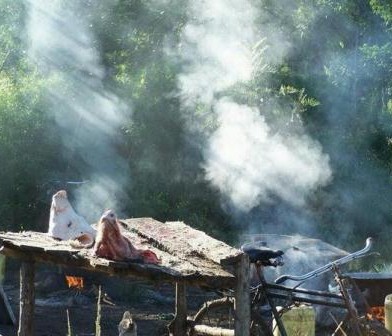
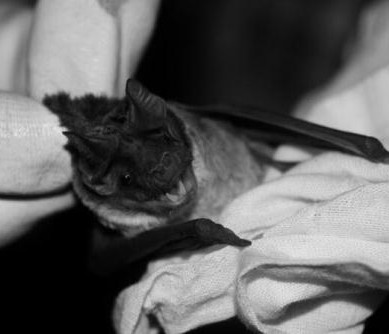
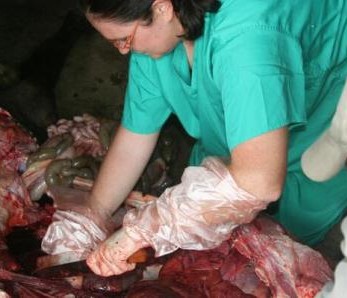
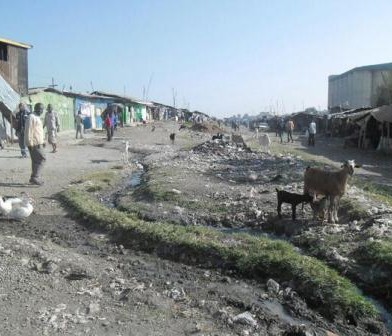
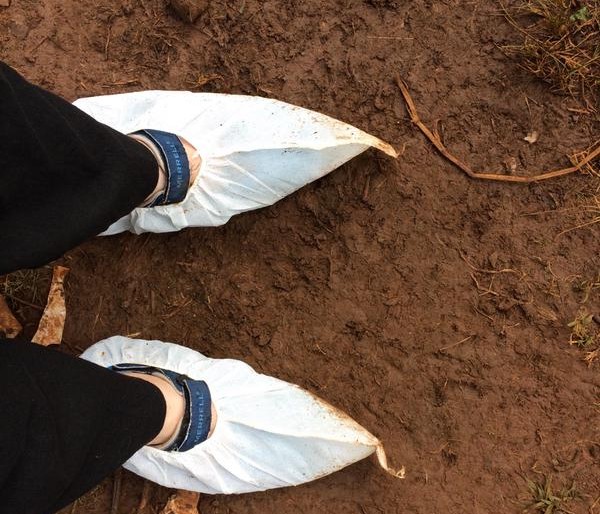
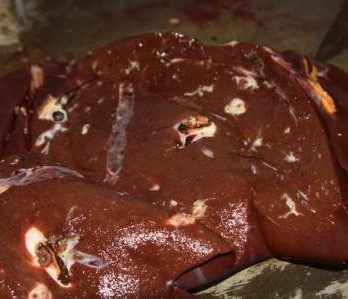
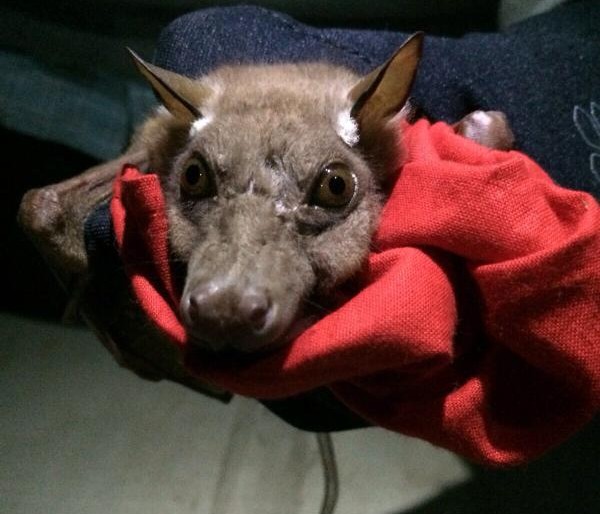
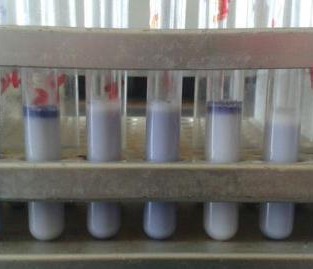
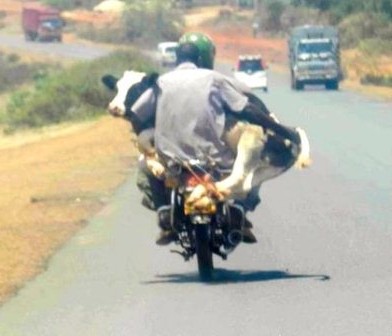
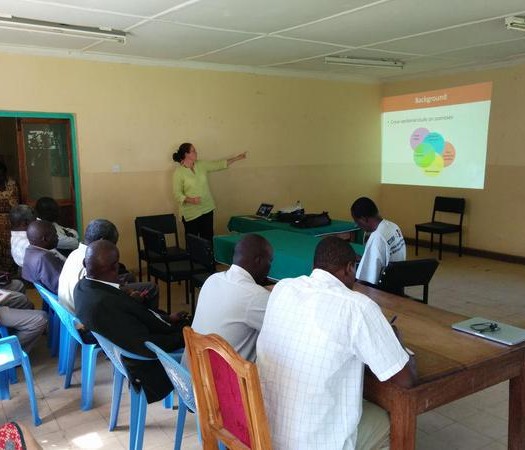
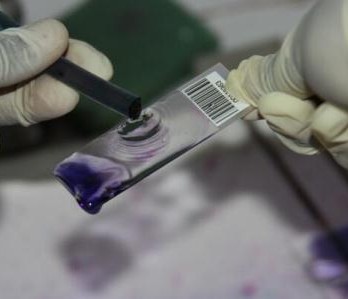
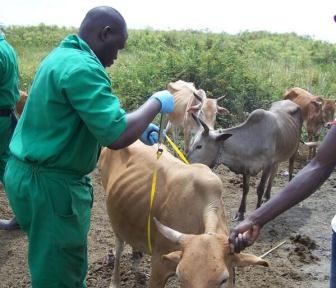
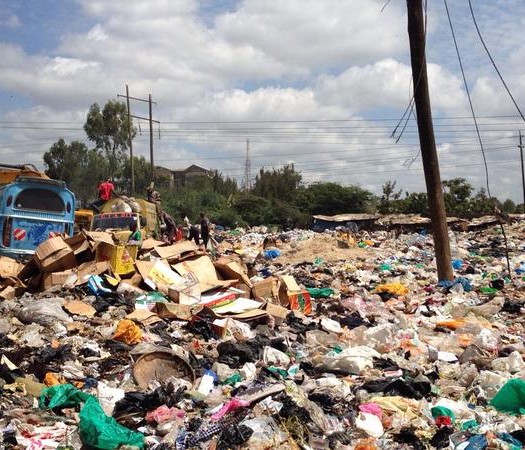
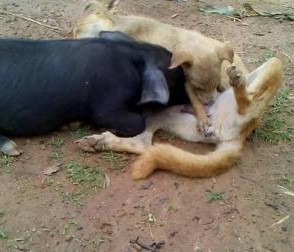
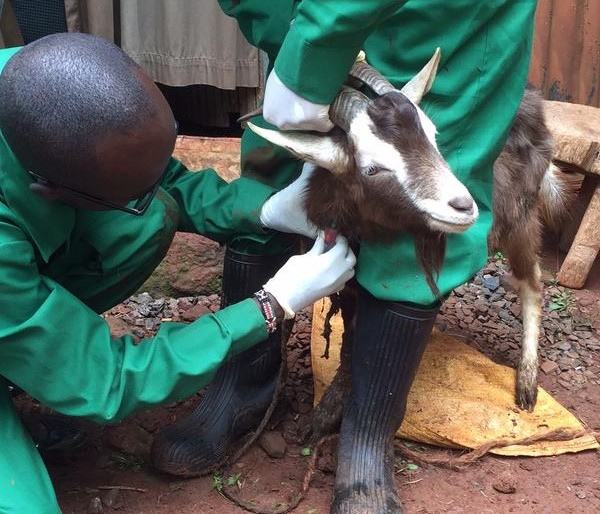
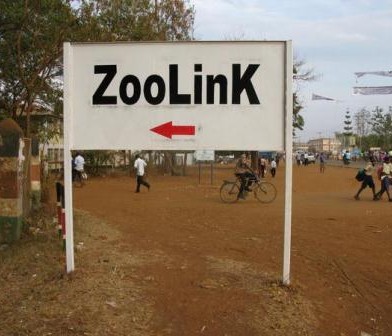
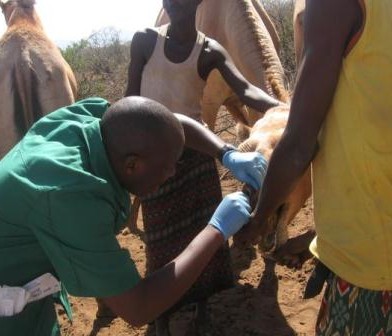
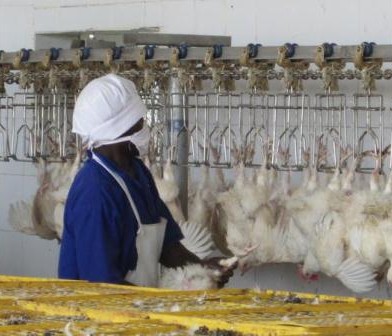
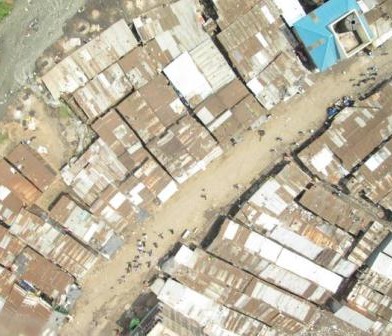
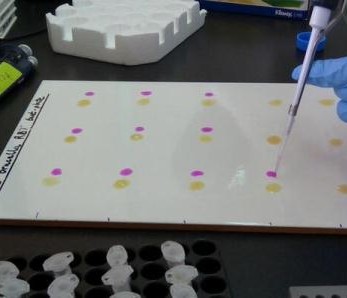
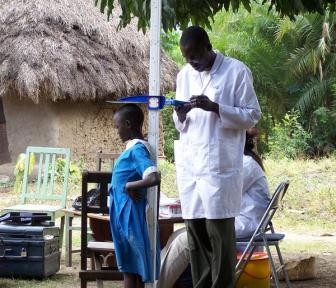
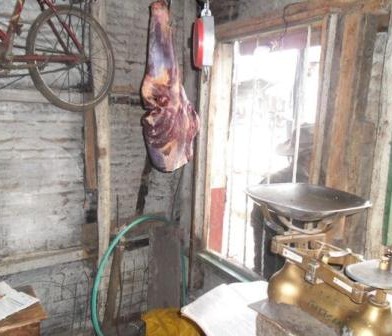
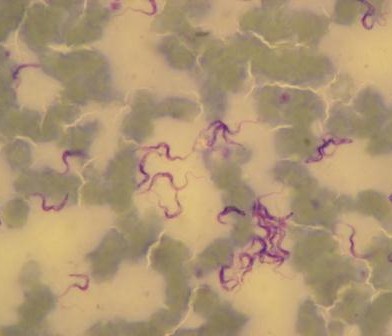
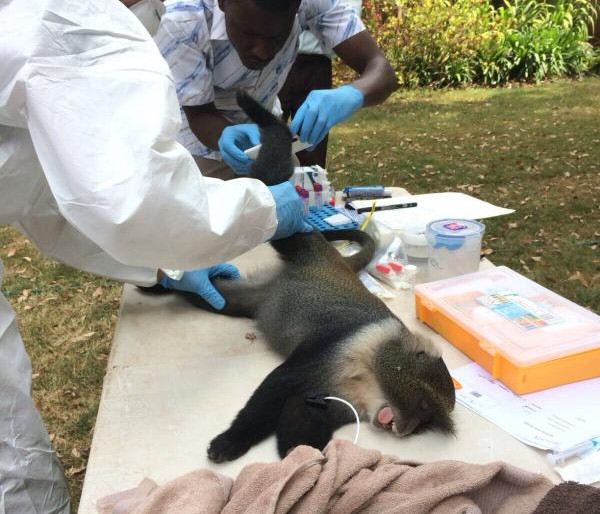
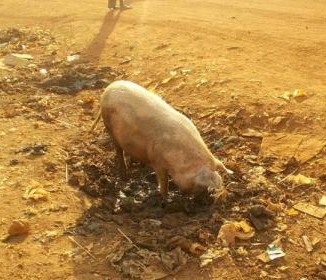
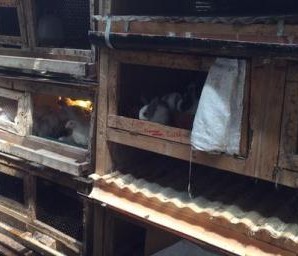
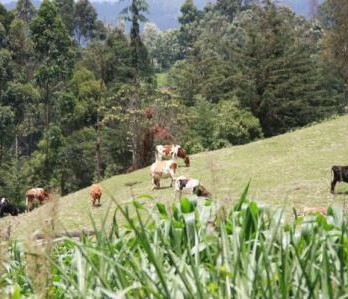
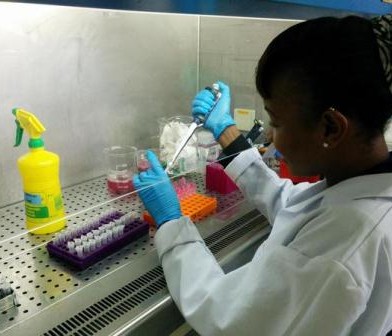
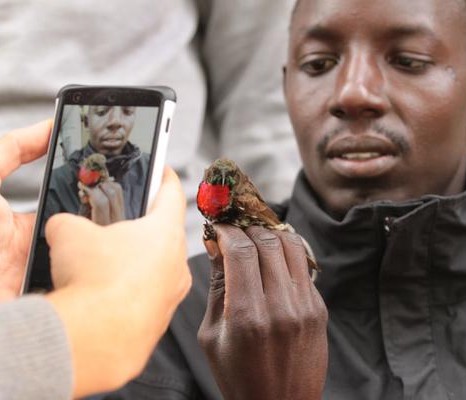
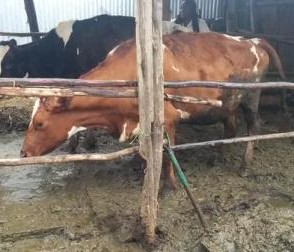
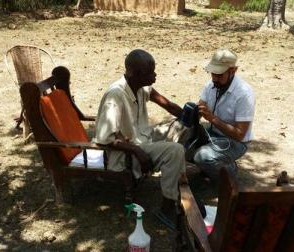
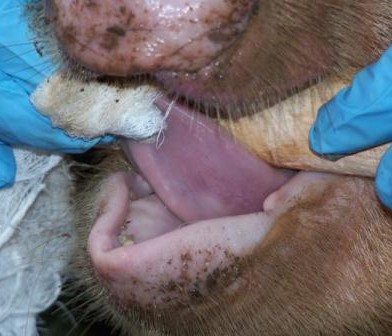
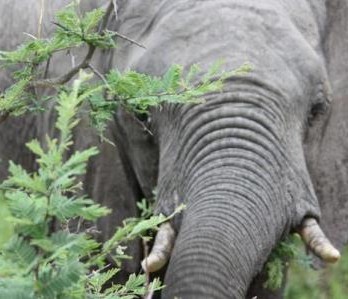
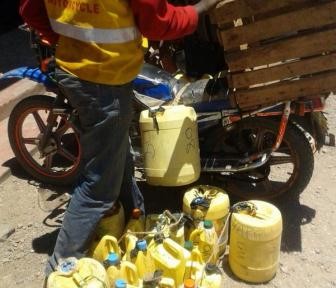
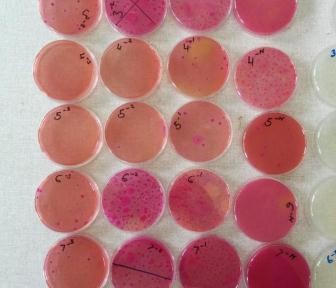
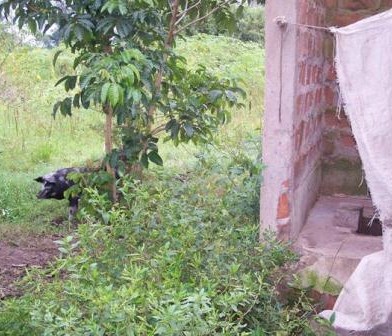
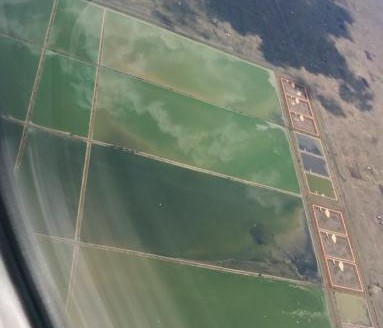
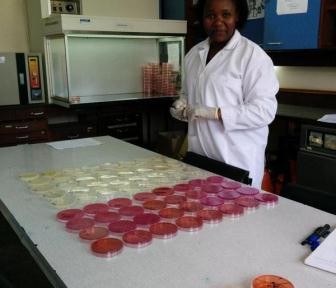
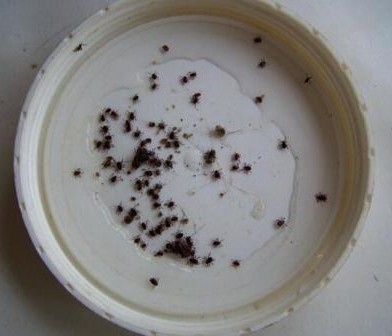
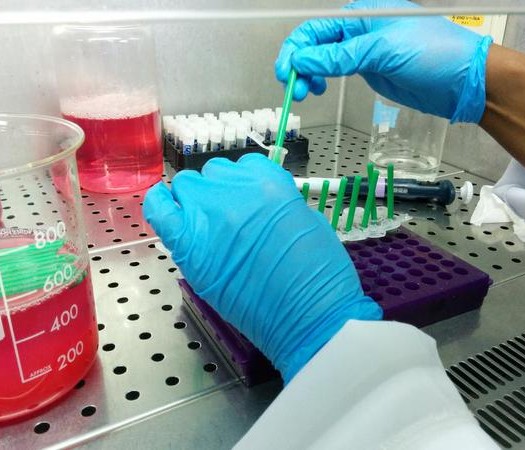
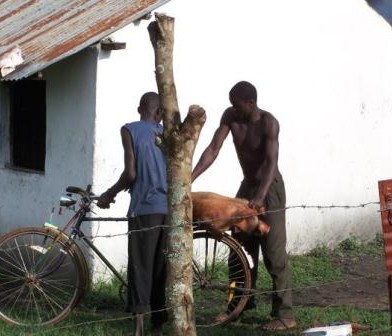

You must be logged in to post a comment.